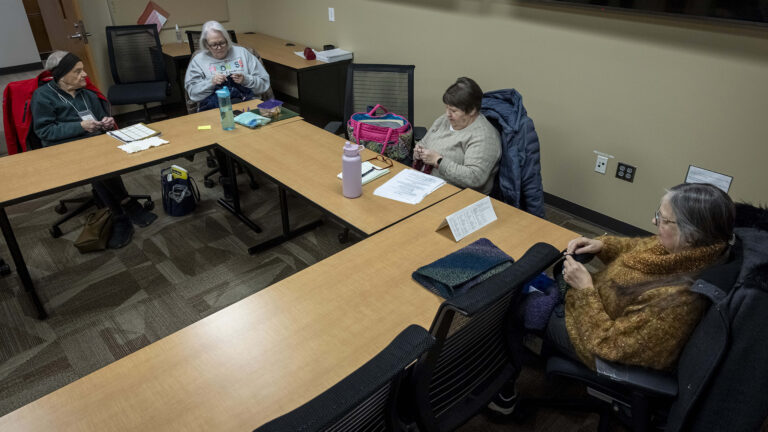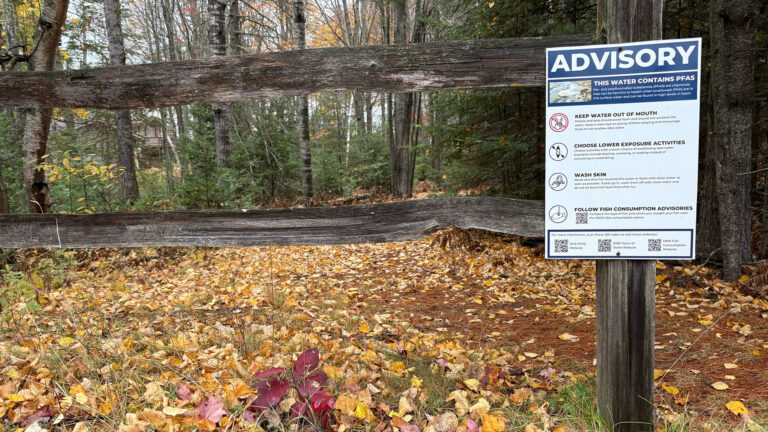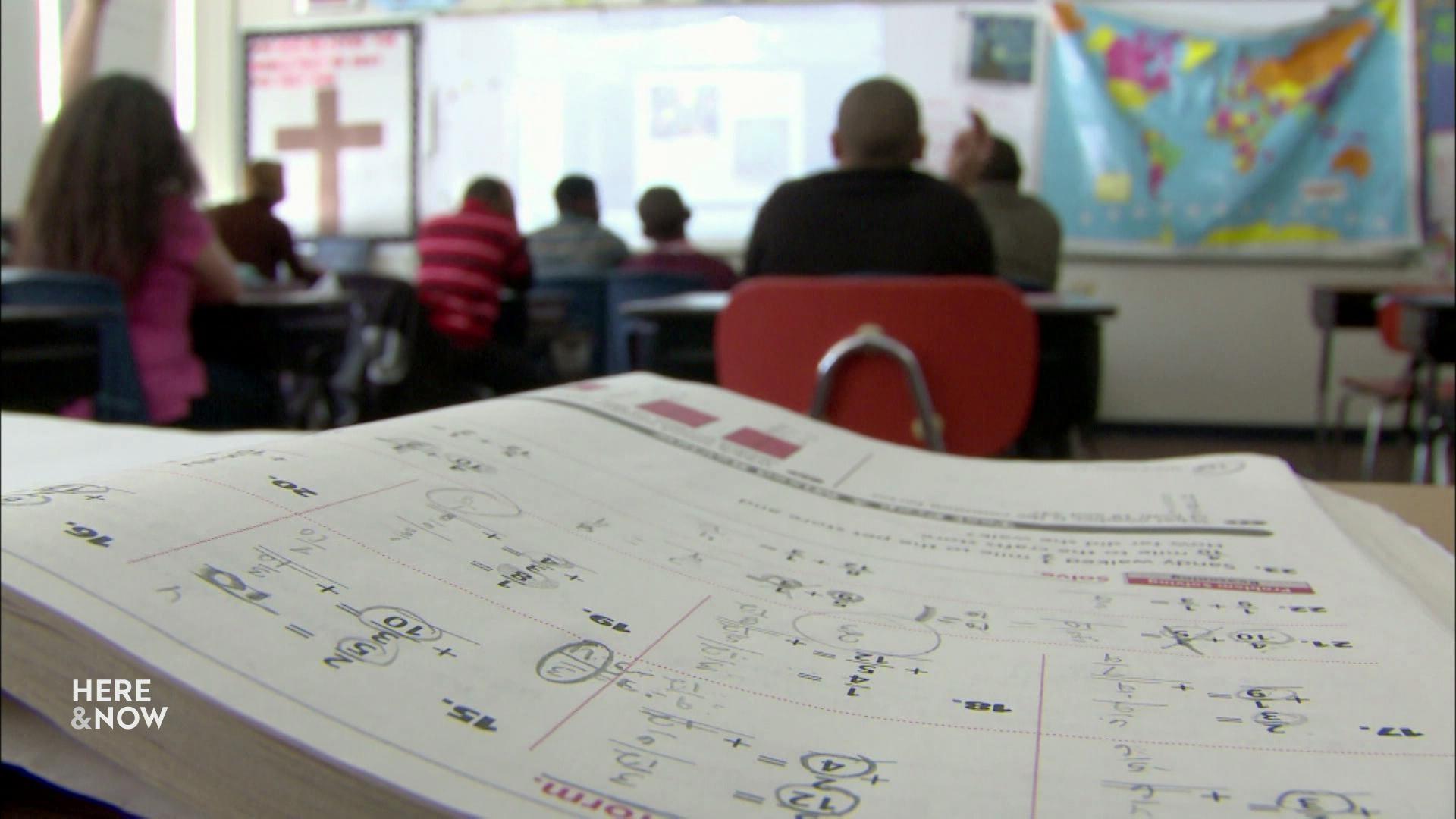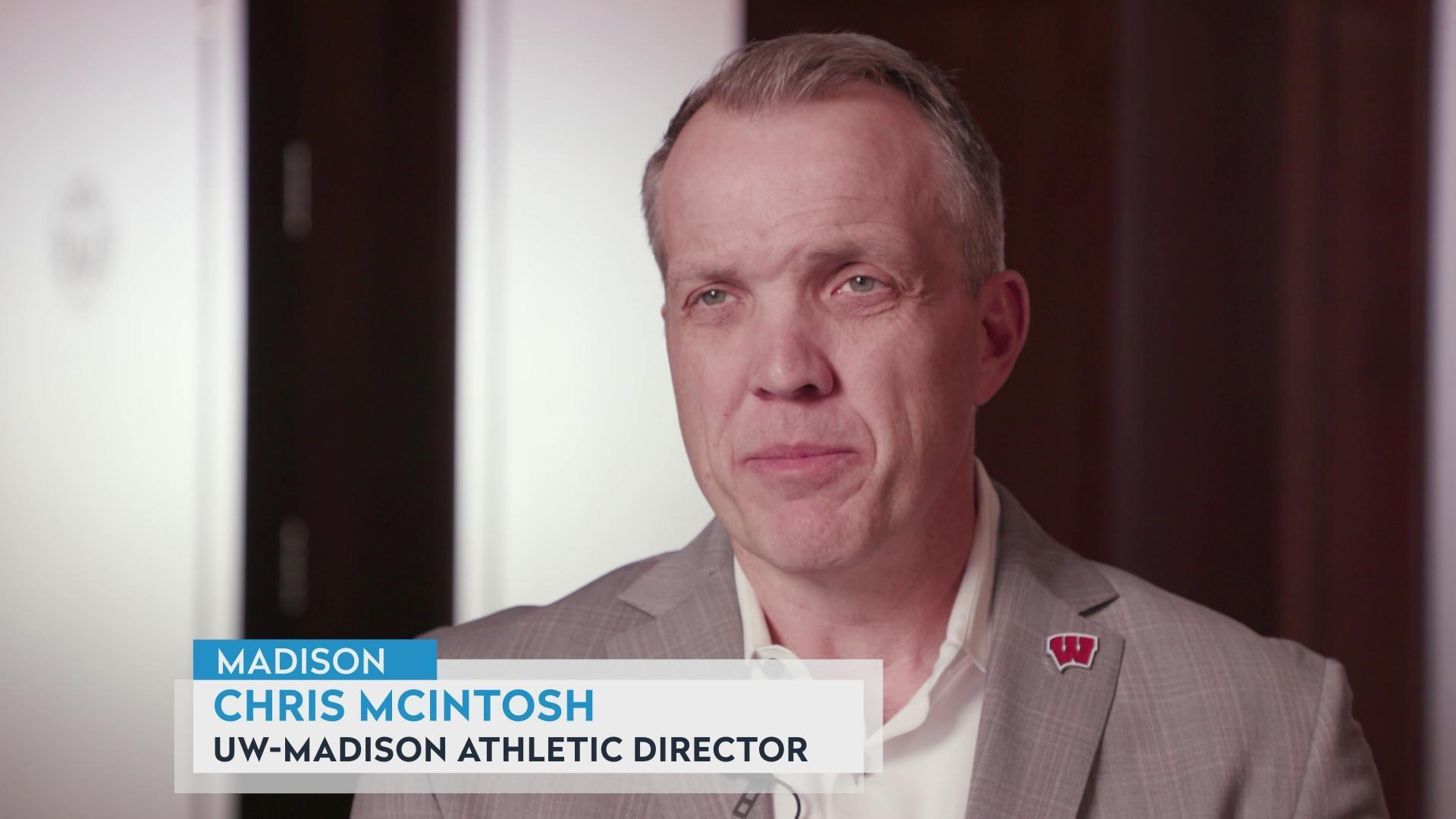Liz Krubsack on mental health literacy for K-12 students
Wisconsin Department of Public Instruction school mental health consultant Liz Krubsack considers how youth can benefit from educators offering a nurturing environment and teaching wellness skills.
By Steven Potter | Here & Now
May 16, 2023
VIDEO TRANSCRIPT
Steven Potter:
So it seems like there needs to be a lot more talking about mental health and what it is and what can help with it. And should this be something that's built into the students curriculum, so they're learning about it as they would, say, algebra or, you know, wood shop class? Should there be mental health wellness classes?
Liz Krubsack:
Yeah, absolutely. In a lot of school districts, that's part of the health education that students receive. And DPI recently released mental health literacy curriculum for all the grade levels. That's something that teachers can implement in their health classes, in partnership with, like, their school counselors or their school social workers or psychologists. But, yeah, having that knowledge base early on is really, really important because it's not just about understanding what mental health is, but having the skills to live a healthy life. So, really, those lessons are about teaching them how to have those skills.
Steven Potter:
Those who are struggling and having mental health challenges, what are some of the specific things that they have going on?
Liz Krubsack:
So the two things that we see the most from our YRBS data would be depression and anxiety, you know? And we see that those are particularly high among our female students and our LGB students. So, you know, with that depression, we're seeing kind of some of that hopelessness or disconnection from peers or activities that they really enjoy, some feelings of hopelessness. On the anxiety side, you know, we're seeing students who, you know, they have pretty big loads with their academics and their sports and all their extracurriculars. So a lot of anxiety around performing and just being able to achieve everything that they want to.
Steven Potter:
Where does schools fit in with the student mental health? What role do they really play?
Liz Krubsack:
So if you think about mental health, like the levelness of a piece of furniture, like a table, the levelness really determines how functional it is, right? And so if it's not level, you couldn't set your plate on it. It wouldn't work out. The same thing is true for mental health, right? So that determines how well, you know, a student can get along with their peers and focus in school and connect with others. So, sometimes, that mental health develops on more of a sloped floor. So if you think about, like, when children don't have access to nurturing adults or the services and supports that they need, it's more sloped, right? So we have an opportunity, as schools, to level that floor. We can build that positive solid foundation for that table, for that mental health. And there's so many opportunities for adults in schools to be that one trusted adult for a student. So, you know, we hear a lot from folks that say, like, "I'm not a mental health professional. "I'm not sure what to do or how to help." But just being that person that a student can connect with is a huge first step. And we know that's a major protective factor for students is having that connection to a trusted adult. So we have opportunities in schools to really provide that strong foundation for students.
 Passport
Passport











Follow Us